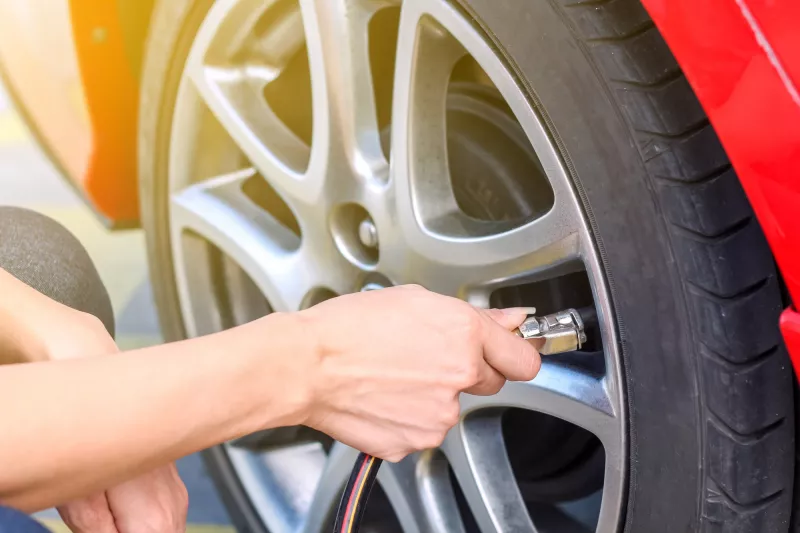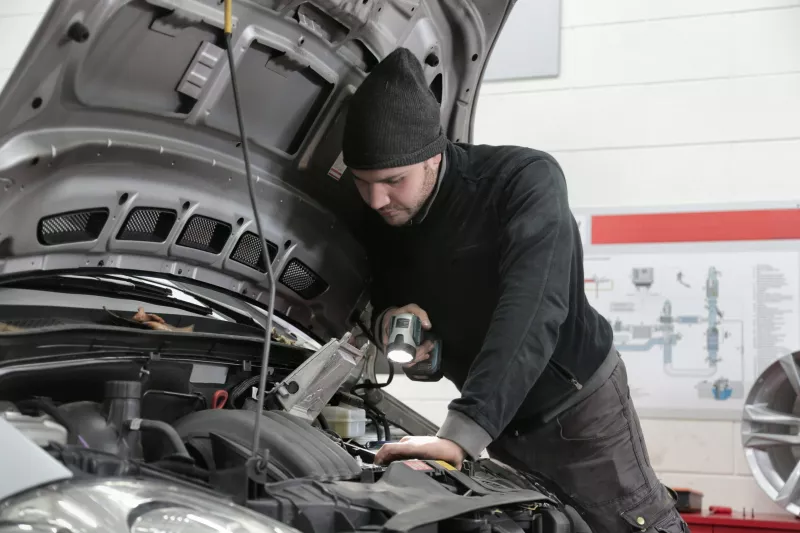Best Car Maintenance Tips for First-Time Car Owners
Did you know we’re keeping our cars for longer and longer these days? According to one study, the average lifespan of a car is almost 12 years, meaning that you may be able to hit the road with your favorite ride for years to come!
Of course, if you’re a first-time car owner, you might be anxious to make sure that’s the case. After all, cars are complex machines, and caring for one can be an overwhelming prospect if you’re not used to it.
That’s where we come in. Let’s take a quick look at what every car owner should know about keeping their car safe, as well as some general car maintenance tips that work regardless of your make and model.
How to Keep Your Car Safe
First things first: if you’re new to car ownership, it’s important to get to know your car in as much detail as you can.
Though we’ll go over some of the most important tips for first-time car owners below, it’s worth noting that every vehicle is different—and that’s especially true if you’re driving a used or certified pre-owned car.
As you start driving around, pay attention to the typical sounds of your new car, from the engine to the air conditioner. You should also get to know the feel of your car’s usual performance as you steer, brake, and accelerate. Getting to know your new, healthy ride can help you set a mental baseline for comparison when you run into issues in the future, whether that’s a strange noise or irregular steering.
In addition, don’t forget to check out your owner’s manual—something many first-time owners fail to do. This manual gives you a clear picture of what types of oils and fluids to put into your car, the features you should expect from your ride, and the maintenance schedule you should follow. The last point is an important one: make sure that you adhere to the car servicing recommendations!
Basic Car Maintenance Tips for Every First-Time Car Owner
Again, every vehicle is different, and it’s important to pay attention to your vehicle’s specific needs. However, let’s go over a few general car maintenance tips you’ll need to follow regardless of make and model.
Be Diligent About Warning Lights
Though they may have gotten a reputation for being “idiot lights,” those warning lights on your dashboard aren’t there for decoration—they’re there to help! These lights point to early signs of trouble, and it’s always a good idea to bring your car to a mechanic if you spot one of them illuminated. Though each vehicle will have a different series of lights, as outlined in your owner’s manual, there are a few common colors and symbols you can expect to see.
Check Your Tire Pressure
It’s easy to forget about tire maintenance until you run into an issue—or until the warning light comes on. However, experts recommend that you check your tire pressure at least twice a month to avoid letting them wear out too fast.
Clean Under the Hood
Your car’s engine can become riddled with precipitation, dirt, dust, and grime, especially if you’ve had any leaky fluids. Keeping the engine clean isn’t just a matter of making your car look presentable; it also ensures proper functioning and makes it easier for you to track down the source of any future fluid leaks.
While your hood is open, it’s also a good idea to clean your car’s battery, which can help extend its lifespan. Like the engine, the battery can become grimy over time, and its terminals can also become corroded—which impairs its function.
Keep an Eye on Your Lubricants and Fluids
Your warning lights can help you remember when to replace certain fluids or check oil levels in your ride, but it’s much safer to replace them before you’re in desperate need.
Here are the fluids you’ll need to check and/or change on a regular basis:
- Engine oil: every 5,000-8,000 miles
- Transmission fluid: every 30,000 miles
- Engine coolant: every 50,000 miles
- Brake fluid: every two years
- Power steering fluid: every 30,000 miles
- Windshield wiper fluid: as needed, according to warning light prompts
Note, of course, that these are general guidelines, and you’ll want to check your owner’s manual for specific advice for your make and model.
Change Your Cabin Air Filter
For clean airflow within your car, your cabin air filter is essential. Just like the air filter in your home air conditioner, this filter should be changed often for clean air. Do it every 15,000-30,000 miles, or as often as your owner’s manual recommends.
Check Your Spark Plugs
Your spark plugs are crucial for the proper functioning of your engine, so you’ll want to check them on a regular basis. In most cars, the spark plug will last for around 30,000 miles, but you’ll want to watch out for warning signs like engine misfiring, high fuel use, or difficulty accelerating.
Invest in Tire Rotation
If you want to keep your car running for longer, tire rotation is an absolute must. This simple change allows your tires to wear out at an even pace, extending their lifespans and allowing you to avoid frequent and costly replacements.
Put These General Car Maintenance Tips to Use
If you’re hoping to make the most of your ride—and enjoy it for years to come—the general car maintenance tips above can help. As long as you get into the habit of checking your car’s health, you’ll have no problem extending the lifespan of your vehicle! For best results, make sure to partner with an expert mechanic for the best car maintenance tips for your specific make and model.
Of course, if you’re still in the market for your new ride, we’re here to lend a hand as you learn the ropes. Our simple car-buying solutions can take the fear and intimidation out of this major purchase, allowing you to get into the right ride with less hassle. Learn more about how the process works and apply online today!
Recommended reading: What I Should I Do To Prepare for a Road Trip?





